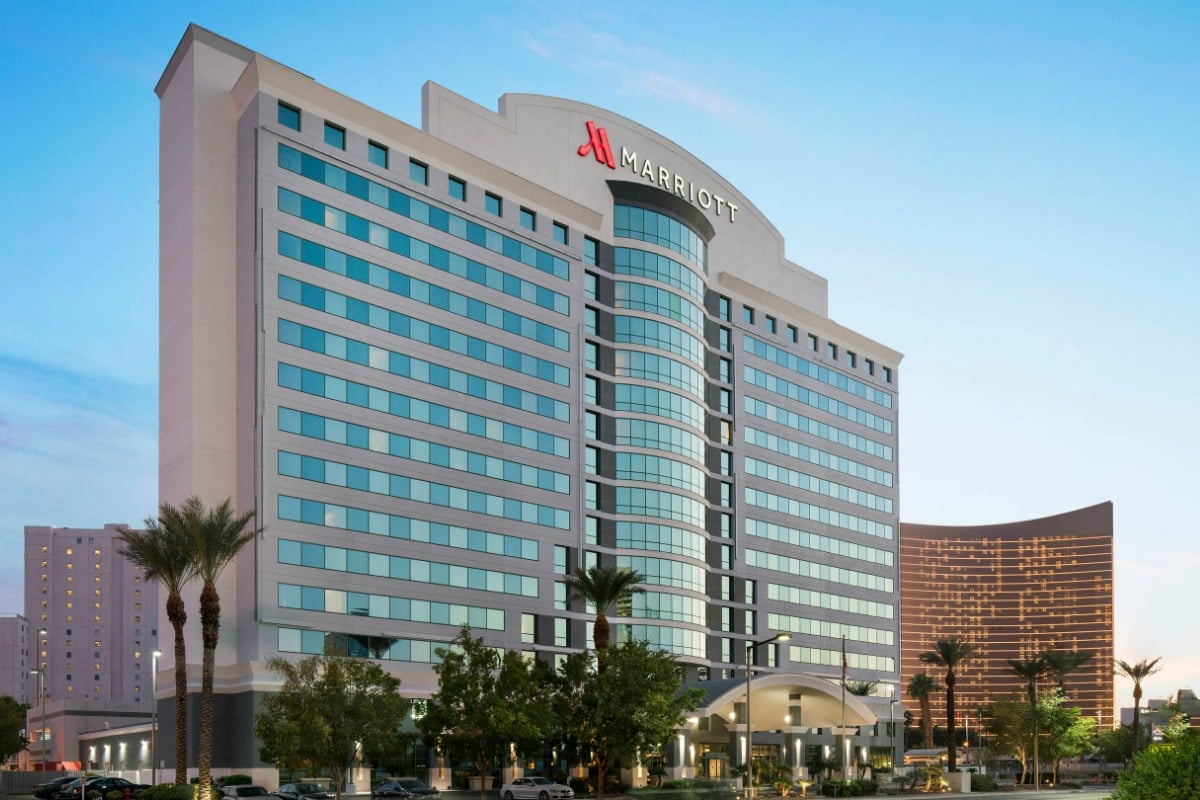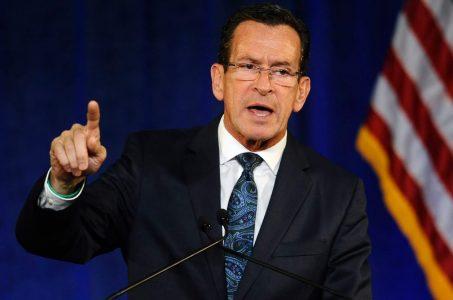Marriott CEO Says Resort Fees Adequately Displayed During Booking Process, Provides Value to Guest
Posted on: July 17, 2019, 10:09h.
Last updated on: July 17, 2019, 10:09h.
Marriott CEO Arne Sorenson is rejecting a lawsuit claiming his company participates in “drip pricing,” a process where online retailers advertise one price, then incrementally raise the actual cost though unavoidable varying taxes and charges.

Sorenson says Marriott properly informs customers of the resort fee add-on charge during booking, and guests actually receive “multiples of the resort fee in value back.”
Sorenson made the comments to Yahoo Finance. He also sat down with LinkedIn this week to push his position.
Along with saying the resort fees are “well disclosed,” the CEO of the largest hotel operator in the world explains, “You’ve got resort fees in the hotel industry, you’ve got baggage fees in the airline space. None of us as consumers necessarily love it.”
“What we’ve tried to do is be very clear about our disclosure,” Sorenson told LinkedIn.
Value Received?
The gaming industry – which Marriott is a part of – is no stranger to resort fees. Casinos around the world require their hotel guests to pay a surcharge.
In Las Vegas, resort fees commonly cover local and toll-free calls, property-wide and in-room Wi-Fi, boarding pass printing, and newspaper or digital media products. The rates have soared in recent years, causing some to stay away or seek out Airbnb occupancies.
Resort fees are also charged in big city downtown hotels under the moniker “destination,” “facilities,” or “amenities” fees. It’s worth noting that while Sorenson is correct in that other industries indeed have later add-on charges not displayed with the initial price, resort fees are mandatory, while an airline traveler without a checked bag doesn’t have to pay a baggage fee.
Resort Fees
Resort fees date back only to 1997 when US resorts began charging such costs for use of their expansive pools, spas, gyms, and other luxury.
A few current resort fees: Palazzo, Venetian ($45/day), Caesars Palace, Mandalay Bay, Cosmopolitan, Bellagio, Wynn ($39), Tropicana ($37).
A lawsuit was filed earlier this month in the District of Columbia by the city’s attorney general Karl Racine.
The prosecutor contends, “I am suing Marriott International for charging customers deceptive ‘resort fees’ when booking hotel rooms. Through these fees, Marriott hides the true price of rooms and misleads customers to increase company profits.”
Sorenson says that’s not the case.
“I think a lot of folks look at that and say, ‘Philosophically, yeah, I understand it,'” Sorenson told LinkedIn. “What we’ve tried to do is to be very clear about our disclosure. It’s one of the frustrating things about this lawsuit.”
Sin City Backlash
Resort fees throughout Las Vegas continue to escalate, and there are rumors even higher charges are on the way to certain Strip properties.
Las Vegas Insider Anthony Curtis has been one of the most outspoken critics of resort fees. He told the Las Vegas Review-Journal this week that he believes they could become a thing of the past.
“There’s been too much backlash in too many areas, this being the most recent. They’re certainly not staying if the courts rule against them,” Curtis said.
Related News Articles
Galaxy Gaming Back in Nevada’s Good Graces Without Ousted CEO Saucier at Helm
Connecticut Governor Balks at MGM Proposal for $675M Bridgeport Casino: ‘Impossible’
Most Popular
Mirage Las Vegas Demolition to Start Next Week, Atrium a Goner
Where All the Mirage Relics Will Go
Most Commented
-
Bally’s Facing Five Months of Daily Demolition for Chicago Casino
— June 18, 2024 — 12 Comments
















No comments yet